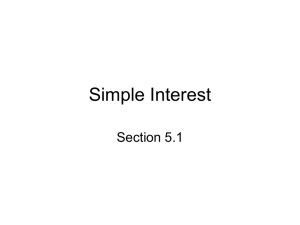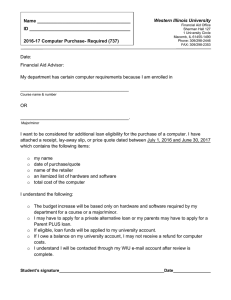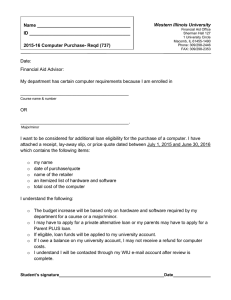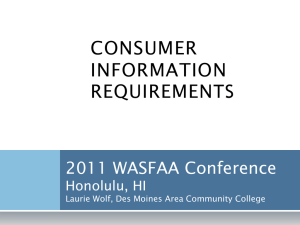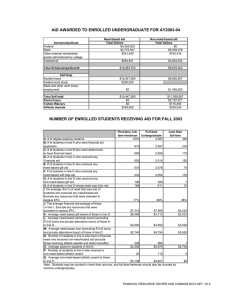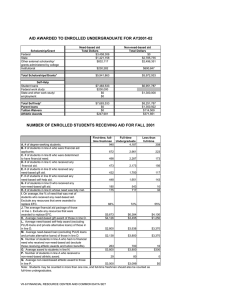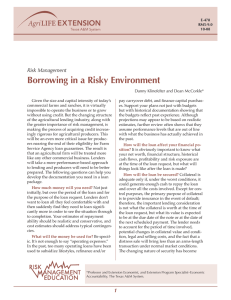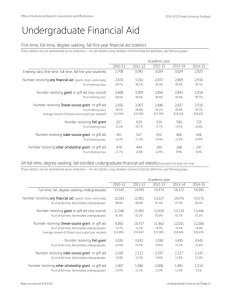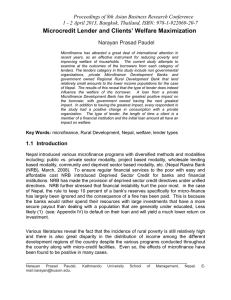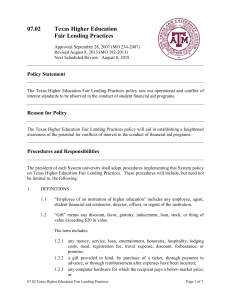STUDENT RIGHTS AND RESPONSIBILITIES Your Rights student
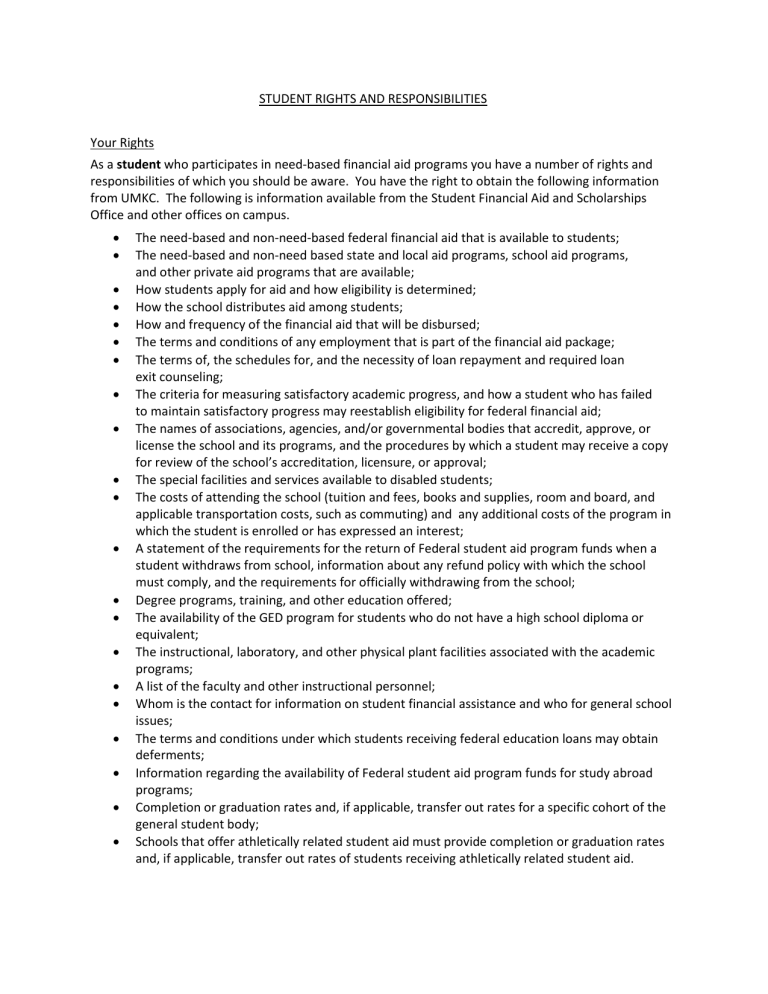
STUDENT RIGHTS AND RESPONSIBILITIES
Your Rights
As a student who participates in need-based financial aid programs you have a number of rights and responsibilities of which you should be aware. You have the right to obtain the following information from UMKC. The following is information available from the Student Financial Aid and Scholarships
Office and other offices on campus.
The need-based and non-need-based federal financial aid that is available to students;
The need-based and non-need based state and local aid programs, school aid programs, and other private aid programs that are available;
How students apply for aid and how eligibility is determined;
How the school distributes aid among students;
How and frequency of the financial aid that will be disbursed;
The terms and conditions of any employment that is part of the financial aid package;
The terms of, the schedules for, and the necessity of loan repayment and required loan exit counseling;
The criteria for measuring satisfactory academic progress, and how a student who has failed to maintain satisfactory progress may reestablish eligibility for federal financial aid;
The names of associations, agencies, and/or governmental bodies that accredit, approve, or license the school and its programs, and the procedures by which a student may receive a copy for review of the school’s accreditation, licensure, or approval;
The special facilities and services available to disabled students;
The costs of attending the school (tuition and fees, books and supplies, room and board, and applicable transportation costs, such as commuting) and any additional costs of the program in which the student is enrolled or has expressed an interest;
A statement of the requirements for the return of Federal student aid program funds when a student withdraws from school, information about any refund policy with which the school
must comply, and the requirements for officially withdrawing from the school;
Degree programs, training, and other education offered;
The availability of the GED program for students who do not have a high school diploma or equivalent;
The instructional, laboratory, and other physical plant facilities associated with the academic programs;
A list of the faculty and other instructional personnel;
Whom is the contact for information on student financial assistance and who for general school issues;
The terms and conditions under which students receiving federal education loans may obtain deferments;
Information regarding the availability of Federal student aid program funds for study abroad programs;
Completion or graduation rates and, if applicable, transfer out rates for a specific cohort of the
general student body;
Schools that offer athletically related student aid must provide completion or graduation rates and, if applicable, transfer out rates of students receiving athletically related student aid.
Your Responsibilities
Review and consider all information about a school’s program(s) before enrolling;
Pay special attention to the application for student financial aid, complete it accurately, and submit it on time to the right place. Errors can delay or prevent you from receiving aid;
Meet all deadlines for applying or reapplying for aid;
Reapply annually for financial aid;
Provide all additional documentation, verification and/or new information requested by
Financial Aid Office;
Read, understand and keep copies of all forms which you are asked to sign;
Comply with the provisions of any promissory notes or agreements you must sign;
Carefully review your award notice and accept or reject all pieces of aid;
Notify the Financial Aid and Scholarship of all outside aid (such as scholarships);
Contact the Office of Financial Aid and Scholarship with any questions regarding financial aid;
The students must accept responsibility for all agreement he/she signs;
If the student receives a loan, he/she must notify the lender if any of the following occurs
before the loan is repaid:
*graduation
*withdrawal from school or less than half-time enrollment
*change of address
*transfer to other school(s)
In borrowing money, the student assumes the responsibility for repaying the loan. If circumstances arise that make it difficult to meet this responsibility, he/she should contact the lender;
The student must perform the work that he/she has agreed upon in accepting Work-Study or regular student employment;
Be careful and accurate completing all forms and applications. Intentional misreporting of information on forms and documents use to apply and qualify for financial assistance is a violation of law and is considered a criminal offense subject to penalties under the U.S. Criminal
Code.


